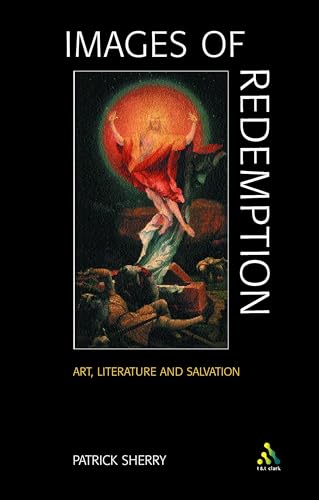LIVING THE STORY, BIBLICAL SPIRITUALITY FOR EVERYDAY CHRISTIANS
Written by R. Paul Stevens and Michael Green Reviewed By Robbie F. CastlemanThis is a book that reinforces the fundamental place where evangelical spirituality must find its identity: in the Scripture. The challenge of Living the Story is defining the Christian life by wisdom, hearing and doing the Word of God.
There are three parts to the book, all well defined and outlined. Part one is ‘Knowing and Loving the Triune God’ and centres on three foundational themes. The first is knowing God as Abba which is a warm and compelling invitation to know God through the Scriptures in an intimate way. Although rather uncritical of the work of Jeremias, the point that Christian spirituality is relational and covenantal, not religious and cold is well made. It is indeed holy, but not sterile. The second introduces the dynamic of what it means to be ‘Disciples of Jesus’, people who follow Jesus, but are not reduced to the isolated models of imitation, obedience or self-directed experience. The third focuses in on the absolute necessity of the Holy Spirit in the lives of believers in the church to ‘live the story’! This is a well thought out and well expressed introduction to biblical pneumatology with an eye toward orthopraxis.
Part Two of the book is an overview of ‘Old Testament Spirituality’ and unveils the spirituality of the patriarchs as ‘Pilgrims of Faith’, of the prophets as ‘People of the Burning Heart’, and the insights of OT Wisdom literature. The latter is approached as an invitation to:
- stop and look at what is going on under our noses (in the Proverbs);
- consider the mystery of God’s ways when life doesn’t make sense (in job);
- overhear with a God-perspective the tender and sensuous dialogue of a lover and his beloved in the intimacy of a passionate marriage (in Song of Songs), and to ask hard questions about what is all means (in Ecclesiastes).
Part Three, ‘New Testament Spirituality’, is a overview of the covenantal and sacramental life of agape love that marks the household of faith and needs to be reflected in the spiritual development and sojourn of disciples. Overall this is well done.
The book is a bit pedantic in that its careful delineated outline makes it seem more ‘cut and dry’ than the authors are trying to express about the complexities and riches of biblically moulded Christian spiritual formation. However, this very structured approach also pushes against the idea that Christian spirituality can take any shape it wants, can emerge as anything it desires or be informed by any experience of faith. This is the strength of the book. The book also includes a five-page-index of the subjects and names that are used and a nearly nine-page index of Scripture references.
I think the book is best used for informing personal growth in biblically informed spiritually as an introduction to this for adult laity within the church or as an introductory overview for Christian undergraduates of the richness of biblical faith in thoughtful and formative discipleship.
Robbie F. Castleman







